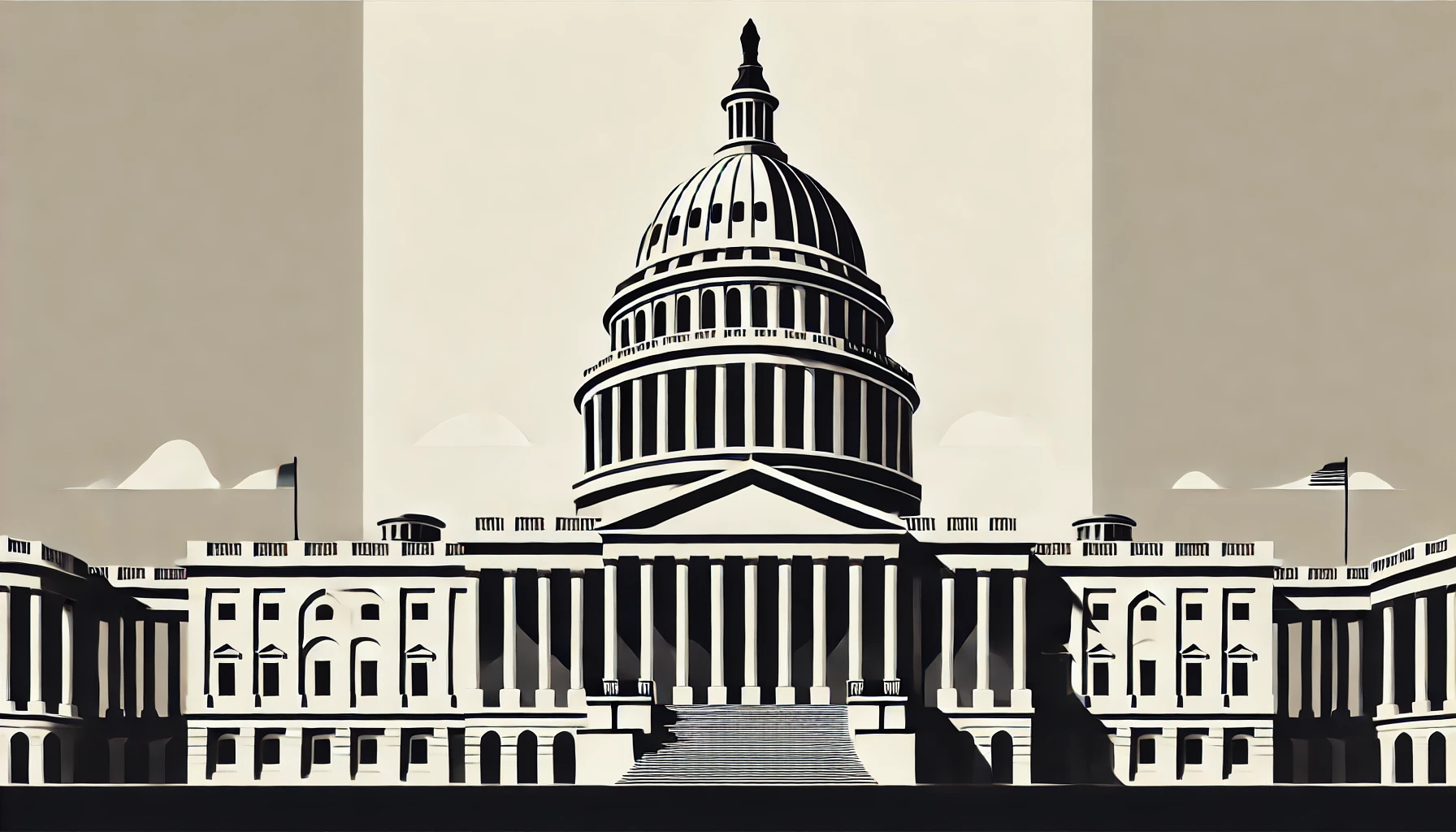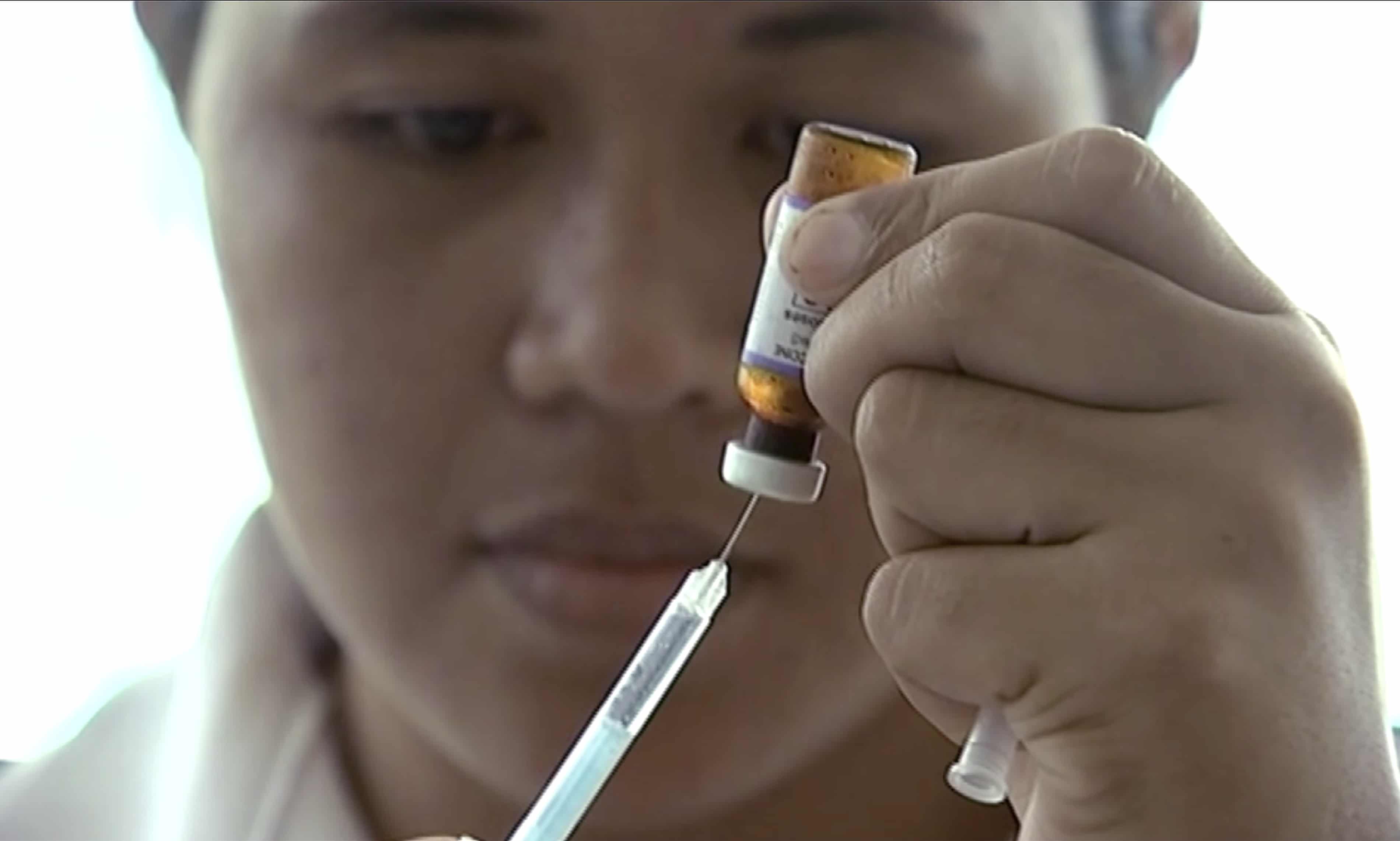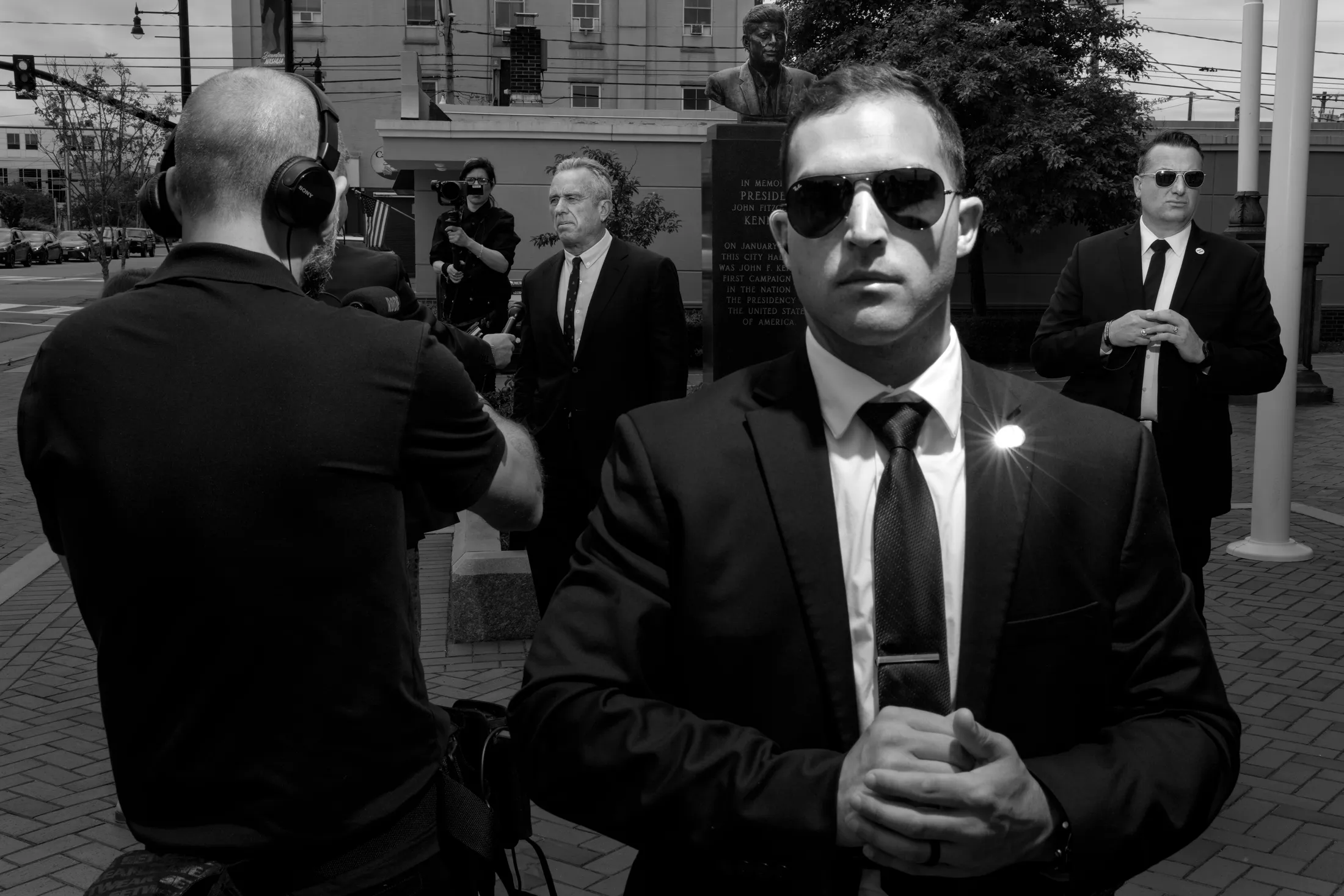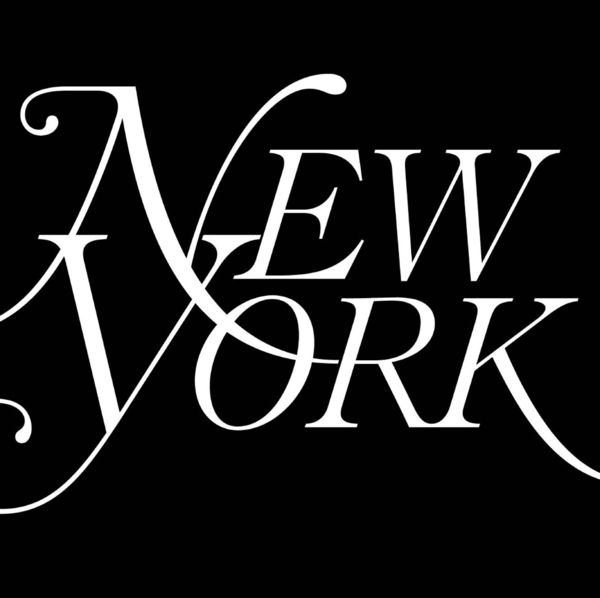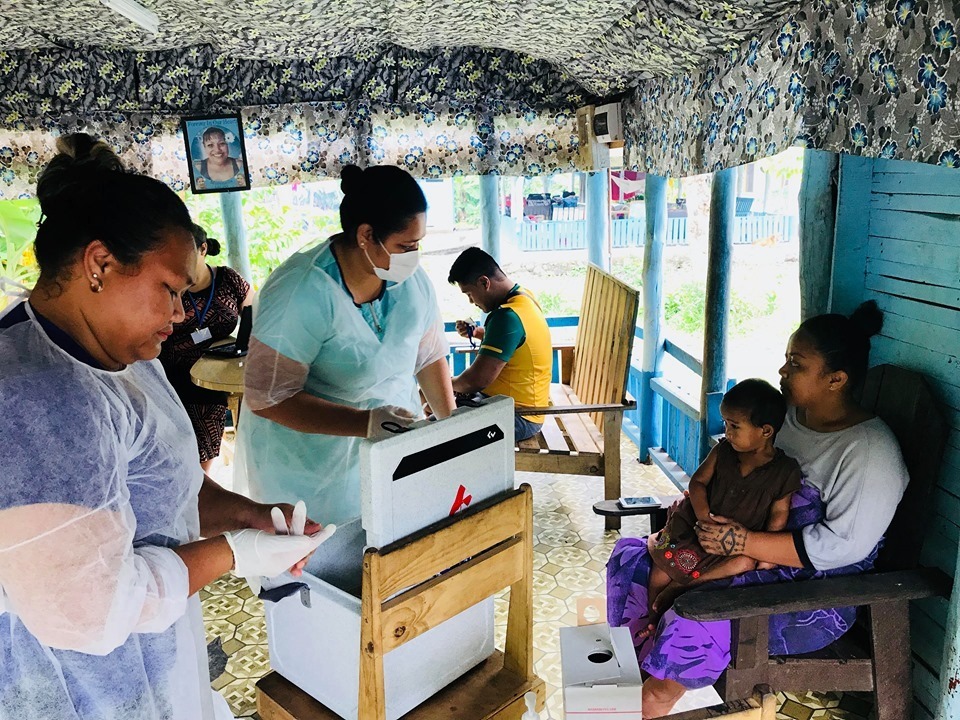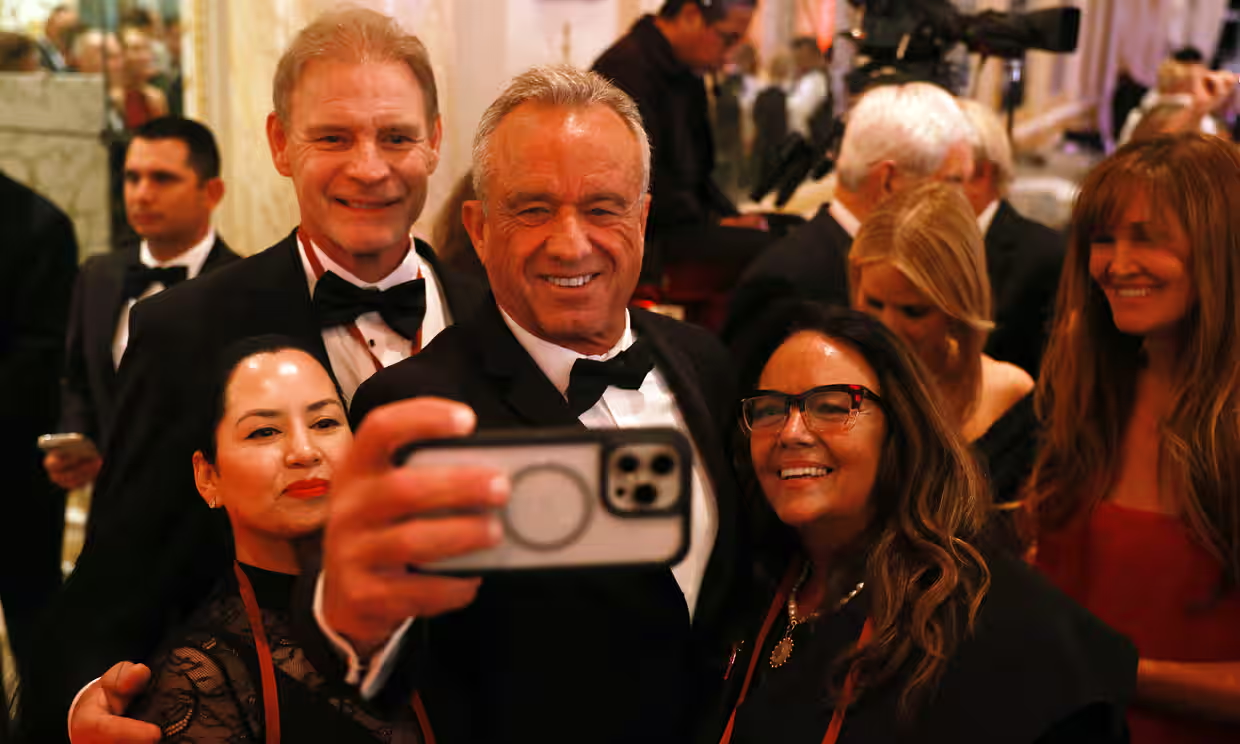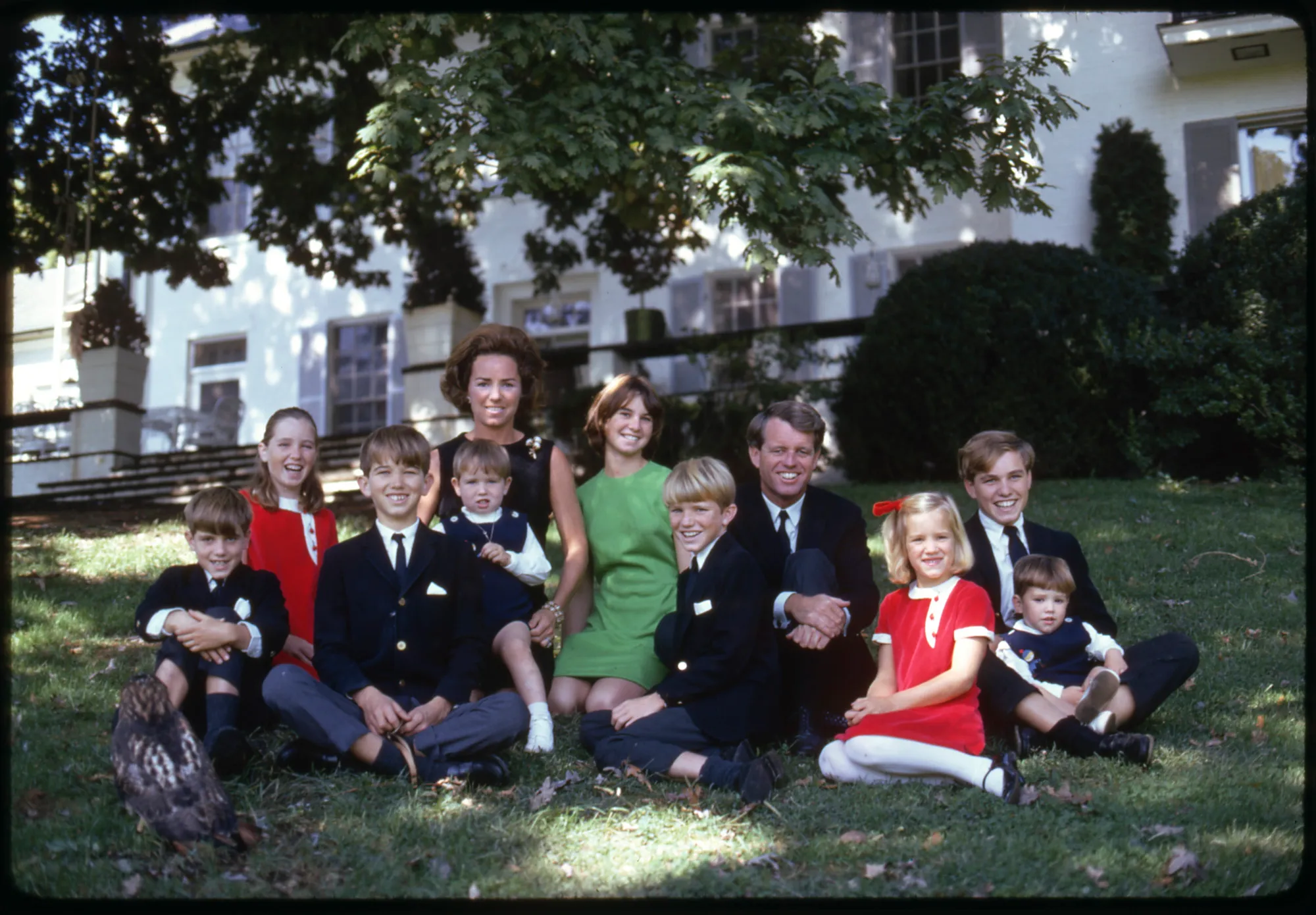newsGP
New Zealand vaccinologist Dr Helen Petousis-Harris told newsGP that, judging by social media activity, Samoa has a ‘thriving anti-vaccine community’.
She said international anti-vaccination advocates have become more active after the 2018 deaths of the two infants due to a nurse error while administering the MMR vaccine.
‘Certainly, the international anti-vaccine community have moved in since last year,’ she said.
This individual describes a chain of events where the government’s suspension of the vaccination program and investigation into the infant deaths preceded anti-vaccination posts on social media taking advantage of the situation. This is consistent with the observations but runs counter to the claim by the Samoan Ministry of Health that “fear towards vaccinations on the social media, and other media forms causing the government to suspend its measles vaccination programme.” However, as discussed on our Investigations page, this argument doesn’t hold up to scrutiny.
newsGP
Samoan, Australian and American anti-vaccination advocates are continuing to spread misinformation, even as measles rages unchecked among a population with one of the world’s lowest rates of protection.
The World Health Organization (WHO) has directly linked anti-vaccination messaging to the spread of the highly contagious virus.
Director of the WHO immunisation department Kate O’Brien told The Guardian that misinformation on vaccine safety has ‘had a very remarkable impact on the immunisation program’ in Samoa.
‘This is now being measured in the lives of children who have died in the course of this outbreak,’ she said.
The low vaccination rate of 31% is for 2018. According to the article, the director of the WHO’s immunization department blames the poor vaccine coverage on parents’ mistrust of the vaccine and misinformation from an anti-vaccine group. This view is supported by an article published a week later by UNICEF asserting that the poor vaccine coverage was “largely due to misinformation and mistrust among parents.” The UNICEF article is addressed here.
O’Brien does not explain that any dent, however large, in parents’ trust in the vaccine after the two infant deaths could not have negatively impacted vaccine rates in 2018 whatsoever since the measles vaccine program was halted immediately after the deaths and continued through the end of the year. The same is true for the unnamed anti-vaccine group promoting unidentified misinformation about the safety of vaccines on social media. However much fear they stirred up is meaningless regarding lowering the vaccination rates in 2018.
The measles vaccination program didn’t resume until April 2019. There has been no official reporting of vaccine uptake from this period until the declaration of an outbreak in October. Whether parent mistrust and misinformation resulted in poor vaccination rates during this time appears speculative. Yet the WHO’s immunization director says that the magnitude of fear caused by the anti-vaccine group is measured in the number of measles-associated deaths during the outbreak. If the outbreak is blamed on poor vaccine coverage, why is the decision to suspend the vaccine program for nine months, only to resume about six months before the outbreak, not to blame, and not even mentioned as a contributing factor for that matter?
BBC
One of the largest players in global anti-vaccination advocacy is Robert F. Kennedy Jr’s Children’s Health Defense, which a study recently found pays for a significant proportion of all such advertisements on Facebook.
Mr Kennedy is the nephew of former US President John F. Kennedy. His family members have distanced themselves from his views.
In the wake of the infant deaths, Mr Kennedy’s organisation ran social media posts questioning the safety of vaccines and did not update them when the true cause came to light.
The dates of these social media posts are not available, so they need to be confirmed. For more information, see our Investigations page.
newsGP
A New Zealand-based pro-immunisation advocate and editor of What’s the Harm? told newsGP anti-vaccination advocates are having an ongoing impact in Samoa.
‘When the two children died last year in Samoa due to the medical error, New Zealand and Australian anti-vaccine groups pounced on this, with several anti-vaccine activists going to Samoa to spread misinformation,’ he said.
‘There was already public distrust of the MMR vaccine as it took the Samoan Government so long to advise of the medical error, but anti-vaccine groups made the most of this.
‘Whenever there is a disease outbreak or vaccine incident, the organised Australian and USA anti-vaccine groups will weaponise local anti-vaccine posts in their misinformation campaign, giving them massive exposure via social media systems.’
This individual describes a chain of events where the government’s suspension of the vaccination program and investigation into the infant deaths preceded anti-vaccination posts on social media taking advantage of the situation. This runs counter to the claim by the Samoan Ministry of Health that “fear towards vaccinations on the social media, and other media forms causing the government to suspend its measles vaccination programme.” However, as discussed on our Investigations page, this argument doesn’t hold up to scrutiny.
newsGP
Sydney University Professor Julie Leask, an expert in vaccine hesitancy, told newsGP the Samoan outbreak looks like a ‘perfect storm of tragedy.’
She said the Samoan Government’s decision to shut down the entire immunisation program for nine months after the deaths of the two infants, coupled with New Zealand’s significant outbreak and constant flows of people between that country and Pacific nations, set the scene for the current outbreak.
‘It’s such a stark example. A tragic [vaccine] administration error, very slow recommencement, no vaccines given to children for nine months and anti-vaccination activists leveraging public fear,’ she said.
‘What do you get? Vaccination rates go down, measles rates go up and people die.
‘If you miss vaccinating your country’s children for nine months and there’s a build-up of susceptible individuals because there’s been less than 95% coverage for a period of years, then you’ve got a population where measles will catch fire, very rapidly. And that’s what’s happened.’
This is a rare example of someone pointing out the substantial impact a nine-month suspension of a national vaccination program can have on vaccination coverage.
newsGP
Professor Leask said the Samoan outbreak is part of a global resurgence of the virus, linked to failures of primary care systems, war and conflict and vaccine refusal.
She said that to attribute blame only to anti-vaccination advocates, however, is an error.
‘We should be very wary of running to blame the anti-vaccination heuristic, when at the heart of this is a tragic administration error of vaccines,’ she said.
‘When the primary care systems are not up to scratch, you increase the chance of these tragic errors – and then [when] the government is very slow to recommence immunisations, you get measles.
‘Good immunisation programs need government support as much as they need public support. We need to examine what’s happened systemically. How can we improve the system? How can we reduce the chance of such a human error?’
This is a rare example of someone pointing out the substantial impact a deadly vaccine administration error can have on public trust.
